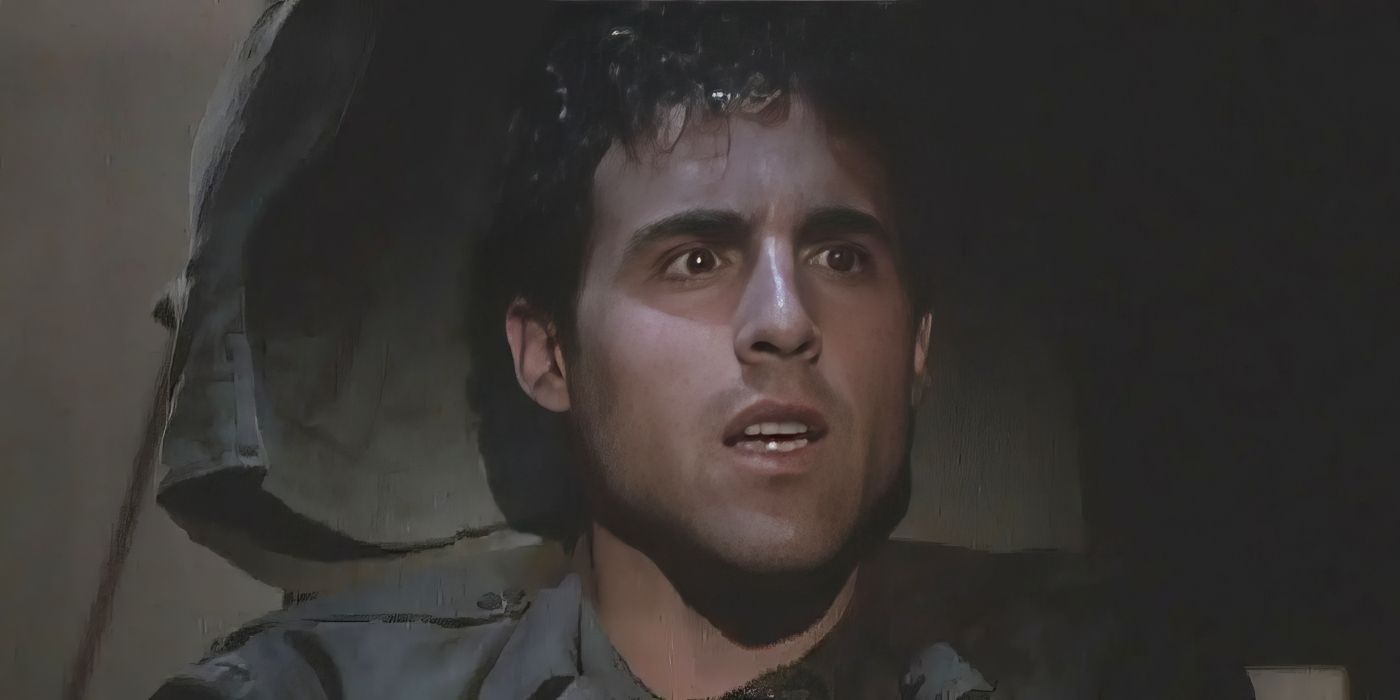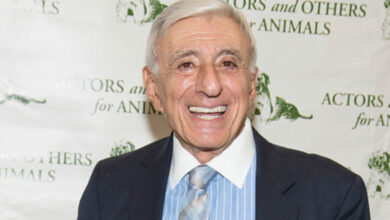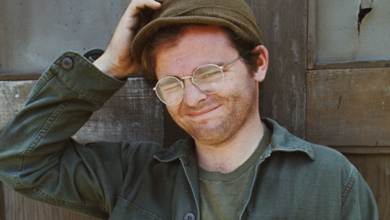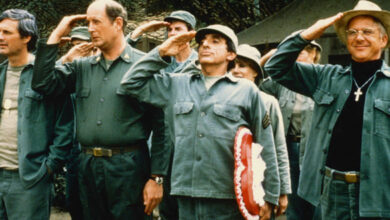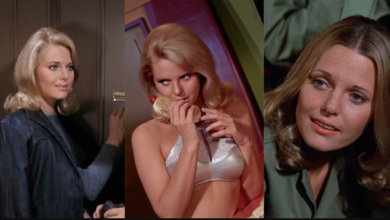‘M*A*S*H’ Nails the Horrors of War in This Episode
'M*A*S*H' delivers an honest look at life and death in wartime.
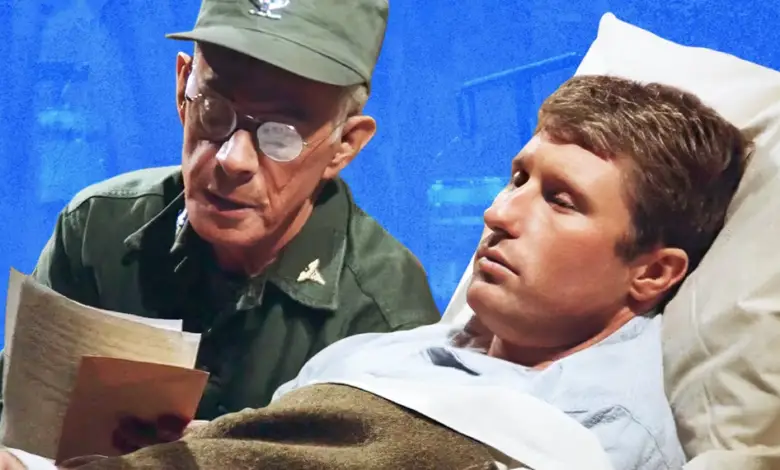
THE BIG PICTURE
- M*A*S*H is a remarkable TV series that masterfully combines comedy and drama to explore the realities and absurdities of war.
- The episode “Follies of the Living-Concerns of the Dead” delves into the horrors of war, highlighting the pettiness of everyday squabbles compared to the profound tragedies experienced.
- The show offers a social commentary on the tragic and senseless deaths in war, emphasizing the uncertainty of the afterlife and the impact on young servicemen and servicewomen.
M*A*S*H is rightfully regarded as one of the most remarkable television series ever. The dramatic comedy, set in Uijeongbu, South Korea, during the Korean War, detailed the lives of the men and women stationed at the 4077th Mobile Army Surgical Hospital (M*A*S*H). The series is a spinoff of the 1970 Robert Altman film M*A*S*H, which was based on Richard Hooker’s novel MASH: A Novel About Three Army Doctors. The show is a situational comedy about Army doctors and medical staff grappling with the day-to-day realities of life and death in their hospital, set against the backdrop of war. In reality, it’s also a satirical look at the foolishness of war and the human collateral such campaigns require. This is especially evident in the Emmy-nominated episode written by Alan Alda, “Follies of the Living-Concerns of the Dead.”
‘M*A*S*H’ Gets Serious From Time to Time
In a lot of ways, M*A*S*H is just a typical sitcom. The series’ focus is the ensemble cast of carefully crafted characters and their interpersonal relationships. The charismatic cut-up Captain Benjamin Franklin “Hawkeye” Pierce (Alan Alda) is a brilliant but rarely serious surgeon who is always at odds with someone in the medical unit. Hawkeye’s main adversary in the first five seasons is Lieutenant Colonel Frank Burns (Larry Linville) and, later, Major Charles Emerson Winchester III (David Ogden Stiers). The opposition between these characters drives the series’ central conflict, making for some hilarious and even tense moments.
M*A*S*H has a lot of episodes during its tenure that depicted the realities of war. In the emotional Season 1 episode “Sometimes You Hear the Bullet” starring Ron Howard, the doctors fail to save a patient, a heartbreaking reality of the field. In “Abyssinia, Henry,” the unit’s beloved commanding officer Lieutenant Colonel Henry Blake (McLean Stevenson) is honorably discharged and prepares to return home, only to be killed when his plane is shot down. Though M*A*S*H relies heavily on humor to drive its narratives forward, the show doesn’t shy away from the emotional components of war. As the series evolves, the writers experiment with more dramatic episodes.
What Is ‘M*A*S*H’s “Follies of the Living-Concerns of the Dead” About?
M*A*S*H taps into the horrors of war exceptionally well in the Season 10 episode “Follies of the Living-Concerns of the Dead.” In this episode, Cpl. Maxwell Q. Klinger (Jamie Farr) is seriously ill with an unidentified kidney infection. He is delirious from fever, and when Private Jimmy Weston (Kario Salem) is laid down on a stretcher near him, Klinger watches as Weston’s spirit leaves his body. Weston’s spirit then wanders through the camp, listening to the doctors as they argue about trivial things, listening as his friend grieves his loss and writes a letter to his family, and listening and watching as Colonel Sherman Potter (Harry Morgan) and Father Mulcahy (William Christopher) catalog his belongings. Klinger is the only one who can see him, and he talks to Weston in a very matter-of-fact manner, telling him he is dead, though he doesn’t want to accept it. Finally, Weston realizes he is deceased, and he wanders off and meets another soldier who guides him down the road toward some unknown destination with the other wandering souls lost to war.
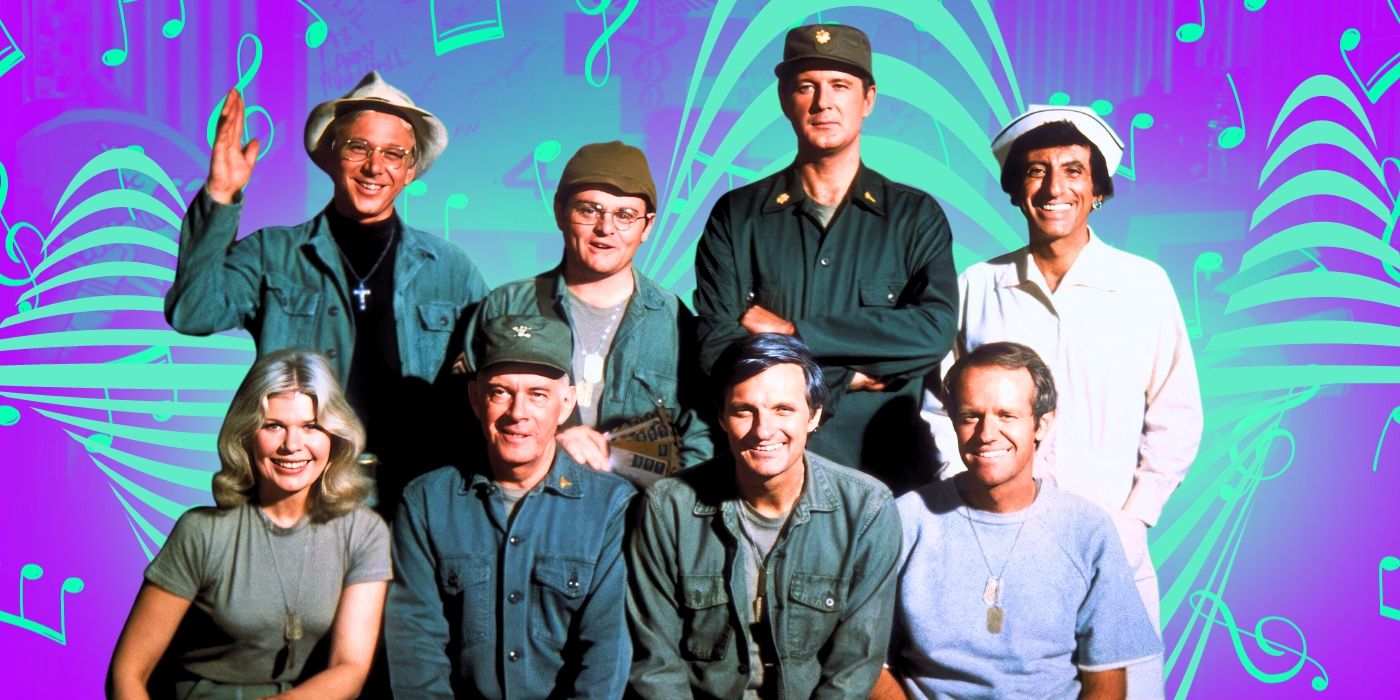
At its heart, M*A*S*H was a social commentary on the tragedies and absurdities of war. As doctors, the Mobile Army Surgical Hospital officers value life above all else and strive to refrain from causing hurt or harm, as is their duty to the Hippocratic oath. But how do you uphold that kind of oath when the very nature of war is harmful and hurtful? In “Follies of the Living-Concerns of the Dead,” Private Weston’s death is not meant to be a tragedy in and of itself, but to serve as a reminder of what is important and how fleeting life is. His spirit wanders around the camp, trying to speak to others (to no avail since Klinger is the only one who can see him). We see Hawkeye and Charles arguing over which hook to use, Major Margaret Houlihan (Loretta Swit) trying to offer valuable insights only to be brushed aside by the doctors, and another argument ensuing over which fork B.J. Hunnicutt (Mike Farrell) likes to use in the mess hall. Weston’s spiritual presence is part of the bigger picture of life and death, against which the little squabbles mean nothing.
As Weston’s spirit wanders between these scenes, his ghostly presence highlights the pettiness of those moments compared to the real tragedies others are experiencing. When Klinger’s fever finally breaks and he can speak coherently, he asks about Private Weston, and the doctors have no idea to whom he is referring. In that moment, Weston is reduced to just another number of other soldiers killed in action, not even worthy of a second thought. But his anonymity showcases another tragedy of being just another name on a list, another body in a bag, and another letter home.
‘M*A*S*H’ Highlights the Uncertainty of the Afterlife
The last scene of the M*A*S*H episode shows Weston being drawn towards something he doesn’t understand. He walks toward the road, and another soldier, who we know to be deceased, tells him to go with him. He doesn’t know where they are headed, but the implication is that they are headed toward whatever lies beyond death. Weston is joined by many other soldiers who have died and are now on the road to the hereafter together. In this moment, the biggest tragedy of war is revealed: the senseless and ceaseless death of our young servicemen and servicewomen.
M*A*S*H is a brilliant television show that balances the fine line between anti-war activism and political neutrality. The series was beloved by people everywhere. While the series pokes fun at the absurdities and bureaucracy of the government, the central focus of the show is the characters. People love the individual character development and the interpersonal relationships between the characters. You could tune in for that alone, ignore the activist overtones, and find complete enjoyment in the emotionally charged, often hilarious moments in each episode. But in episodes like “Follies of the Living-Concerns of the Dead,” it’s hard to ignore the true tragedies of war.
M*A*S*H is available to stream on Hulu in the U.S.
WATCH ON HULU
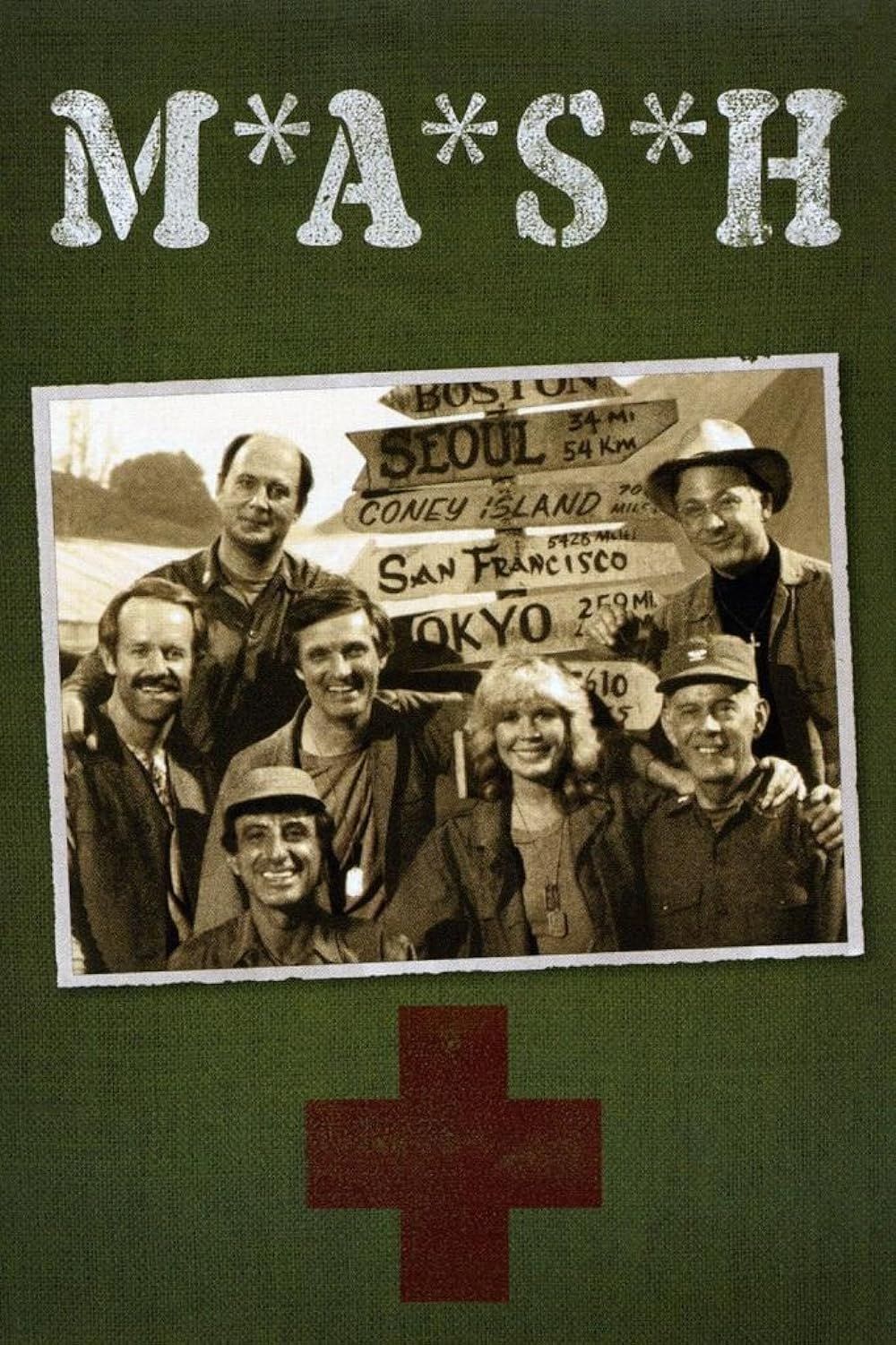
M*A*S*H
The staff of an Army hospital in the Korean War find that laughter is the best way to deal with their situation.


